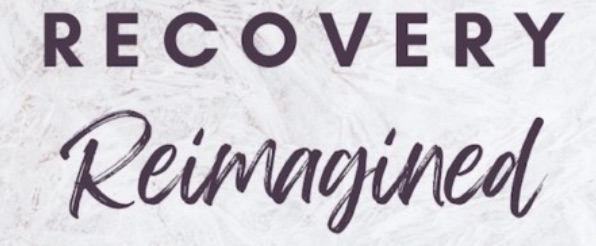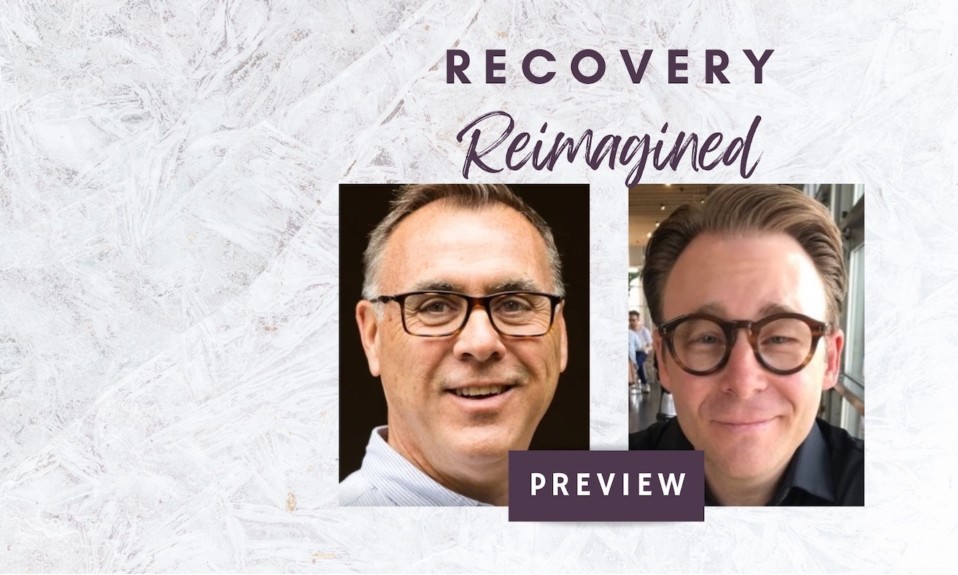The field still has further to climb, the CEO of High Watch Recovery Center says in this video
By the editors of TreatmentMagazine.com
Jerry Schwab knows something about the evolution of addiction treatment. As CEO of High Watch Recovery Center in Kent, Conn., he works in a time capsule of sorts. High Watch, founded in 1939, is the oldest 12-step-based substance use treatment center in the world.
From what Schwab has seen, the addiction treatment and recovery field has made much progress over the years, but its evolution is far from complete. In this video he says, “Addiction is a disease that speaks to you in your own voice. Sometimes you need a little bit more [after treatment] than just some phone numbers and some referral sources and following up on your own. You really need to take someone by the hand and have them be taken care of and supported and a bit managed through the process.”
You can read the full interview with Schwab here and learn his thoughts on a variety of other topics, including the need for better parity in treatment and the value of the 12 steps.
The Brightest Minds in Treatment
Schwab is the latest participant in the Recovery Reimagined series, which is a collaboration between the National Association of Addiction Treatment Providers (NAATP) and TreatmentMagazine.com. By probing some of the most fertile minds in addiction and mental health treatment, we hope to bring new ideas to the fore that can help to transform the space.

In addition to Schwab, we have had in-depth discussions with:
- John Kelly, founder of the Recovery Research Institute at Massachusetts General Hospital
- Matt Vogl, executive director of the National Mental Health Innovation Center (NMHIC) at the University of Colorado Anschutz Medical Campus
- Shari Hampton and Ester Nicholson, recovery coaches for the SHE RECOVERS Foundation
- Christina Simos, executive director of Friendly House in Los Angeles
The common thread running through these interviews? Kelly said it well when he Zoomed with us in January of this year: “The first thing that [needs to take place] is greater connectivity between the different stakeholders, all trying to make a difference with these endemic problems related to alcohol and other drug use disorders. What I mean by that is, across these different constituencies and stakeholders—from criminal justice to treatment to medical care to SUD [substance use disorder] treatment to employers and educational systems—getting those people talking to one another.”
Photo: Mitya Ivanov














